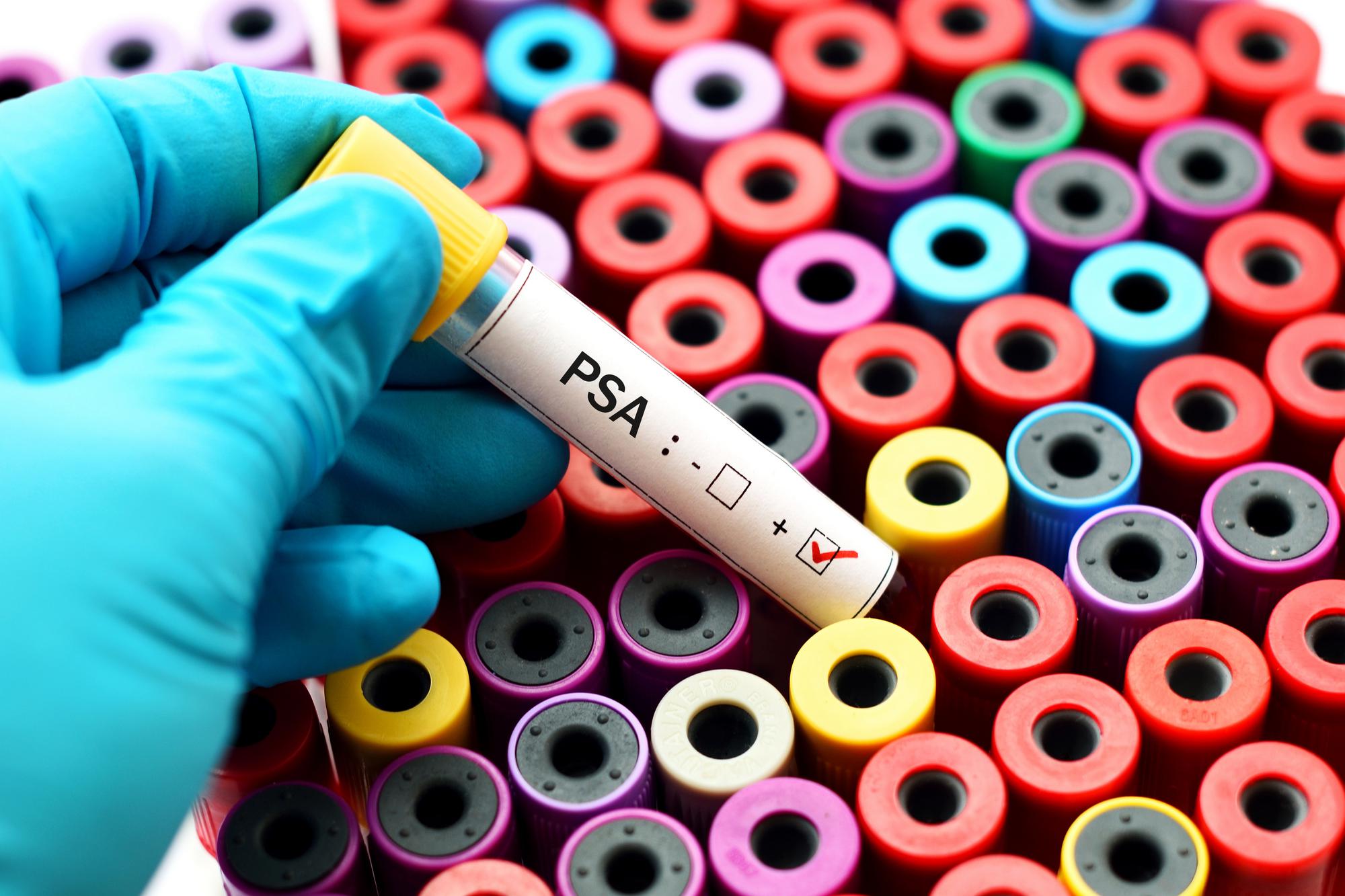The Importance of Well Round Prostate Cancer Screening
Since the advent of PSA (prostate-specific antigen) testing, prostate cancer mortality has declined by 30%. PSA testing has helped to detect prostate cancer earlier, giving doctors more treatment options and a higher chance of success. However, it’s essential to understand that PSA testing isn’t perfect and is most effective when used in tandem with urologic pathology tests.
Understanding PSA Tests Strengths and Weaknesses
The PSA test is a blood test used to screen for prostate cancer. The test measures the amount of prostate-specific antigens in the blood; however, it’s worth noting that the protein is produced by both cancerous and noncancerous tissue in the prostate. Although the test is helpful in the early detection of prostate cancer, it is not always accurate.
Still, the advent of PSA testing has correlated with a rise in early detection, which significantly improves treatment options and effectiveness. All-in-all prostate cancer mortality has declined 30% since the introduction of PSA testing; however, this is likely attributed to improvements in treatment methods. Nevertheless, PSA testing should not be solely relied upon and should be used in conjunction with urologic pathology tests.
Urologic Pathology Tests Aid in Cancer Detection
Approximately 1 in 9 men will be diagnosed with prostate cancer during his lifetime. For this reason, it’s important that the less accurate PSA test be coupled with, the more accurate urologic pathology tests which can pinpoint specific urologic cancers including:
- Adrenal Cancer
- Bladder Cancer
- Kidney Cancer
- Prostate Cancer
- Testicular Cancer
The need for accurate and early testing for common forms of cancer is self-evident. At Yosemite | Precision Pathology, our urologic pathology tests have a general turn around of 24-48 hours. Moreover, we provide advanced IT support and logistics to ensure that our
Yosemite & Precision Pathology Medical Group
Yosemite Pathology Medical Group is a pathology physician group with Board Certified pathologists who provide services to hospitals and outpatient practices in a broad range of specialties in both anatomic and clinical pathology, supplemented by targeted subspecialty training. These comprehensive specialties enable the delivery of solutions that answer the needs of clients, allowing physicians and hospital partners to advance patient care and health management in the communities we serve.

